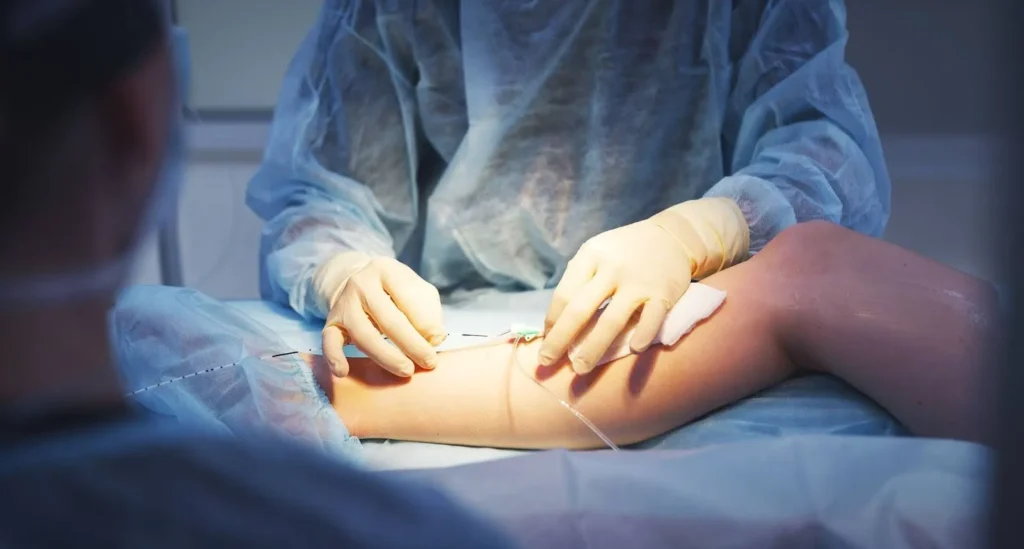
In Singapore, advancements in minimally invasive vascular vein surgery have redefined how venous conditions are treated, making care more effective, safer, and less disruptive to daily life. With conditions like varicose veins affecting a significant portion of the population, these innovations are both timely and necessary.
Venous conditions are more than just a cosmetic issue; they can lead to chronic pain, swelling, ulcers, or even life-threatening complications such as deep vein thrombosis (DVT). In Singapore, varicose veins affect approximately 25% of adults, with women being more prone (35%) compared to men (20%). Moreover, a sedentary lifestyle, prolonged standing, and ageing increase the likelihood of developing such conditions.
Given this prevalence, the introduction of cutting-edge minimally invasive techniques in vascular vein surgery offers much-needed relief to individuals who previously relied on invasive surgeries or endured discomfort due to delayed treatment.
Advances in vascular surgery have led to highly effective, patient-friendly treatments. These techniques are redefining recovery and success rates:
RFA is the gold standard method which uses radiofrequency energy to heat and close off affected veins.
EVLT is a procedure where laser energy is delivered inside the vein, causing it to collapse and seal.
First introduced in Singapore in 2012, ClariVein® combines mechanical agitation and chemical treatment for varicose veins.
The VenaSeal system uses a medical adhesive to close varicose veins without the need for heat or multiple thigh pricks.
These innovative techniques are transforming the landscape of vascular vein surgery:
The healthcare landscape in Singapore is continuously evolving, with state-of-the-art technologies becoming more accessible. The demand for skilled specialists in vascular vein surgery is increasing as awareness grows about the importance of addressing venous conditions early.
Government initiatives promoting better cardiovascular health and public awareness campaigns about varicose veins have further driven patients to seek treatments. Clinics offering minimally invasive vascular surgery are meeting this need with advanced care that prioritises both effectiveness and convenience.
If you are experiencing symptoms such as leg pain, swelling, or visible varicose veins, early treatment can prevent complications and improve your quality of life. Consult an experienced vascular specialist in Singapore to explore minimally invasive options tailored to your needs.
For personalised care and cutting-edge solutions in vascular surgery, visit Spectrum Surgery. Their team of experts is dedicated to helping you achieve better vascular health with advanced, minimally invasive techniques. Take the first step towards a healthier, more comfortable life today.
38 Irrawaddy Road
#10-33
Singapore 329563
Tel: +65 6041 0933
1 Farrer Park Station Road
#08-14 Connexion
Singapore 217562
Tel: +65 6974 8859
HP: +65 8874 0371 (24 hours)
Email: contact@spectrum-surgery.com
© 2026 Spectrum Vascular & General Surgery